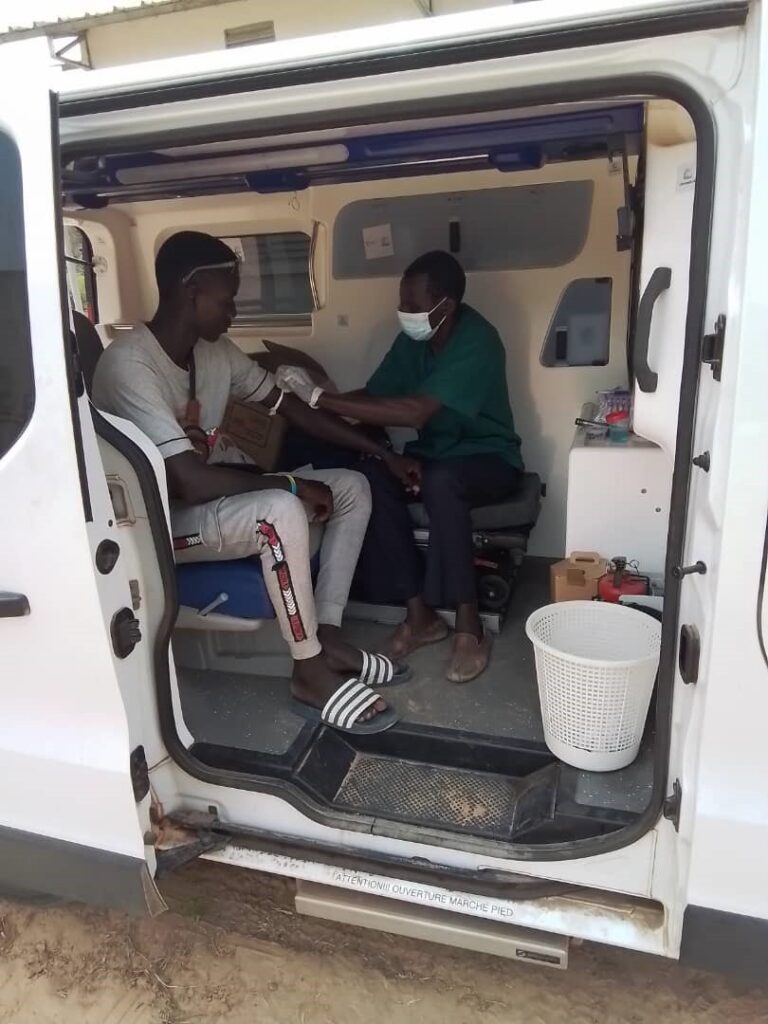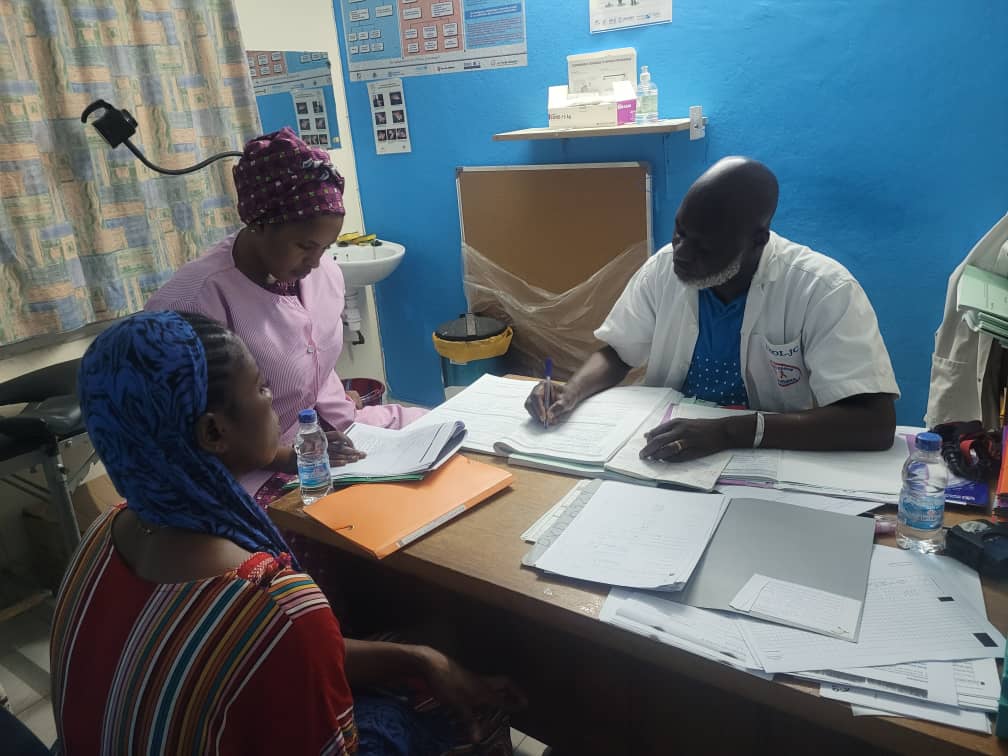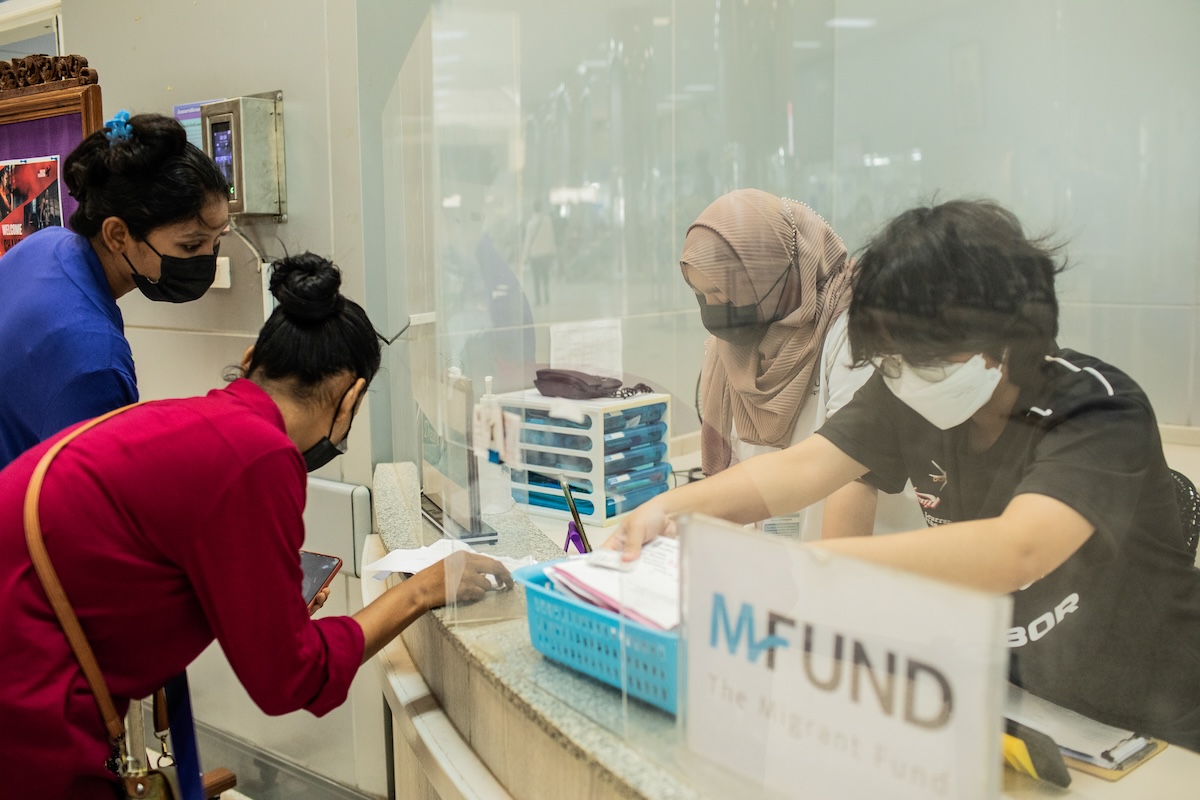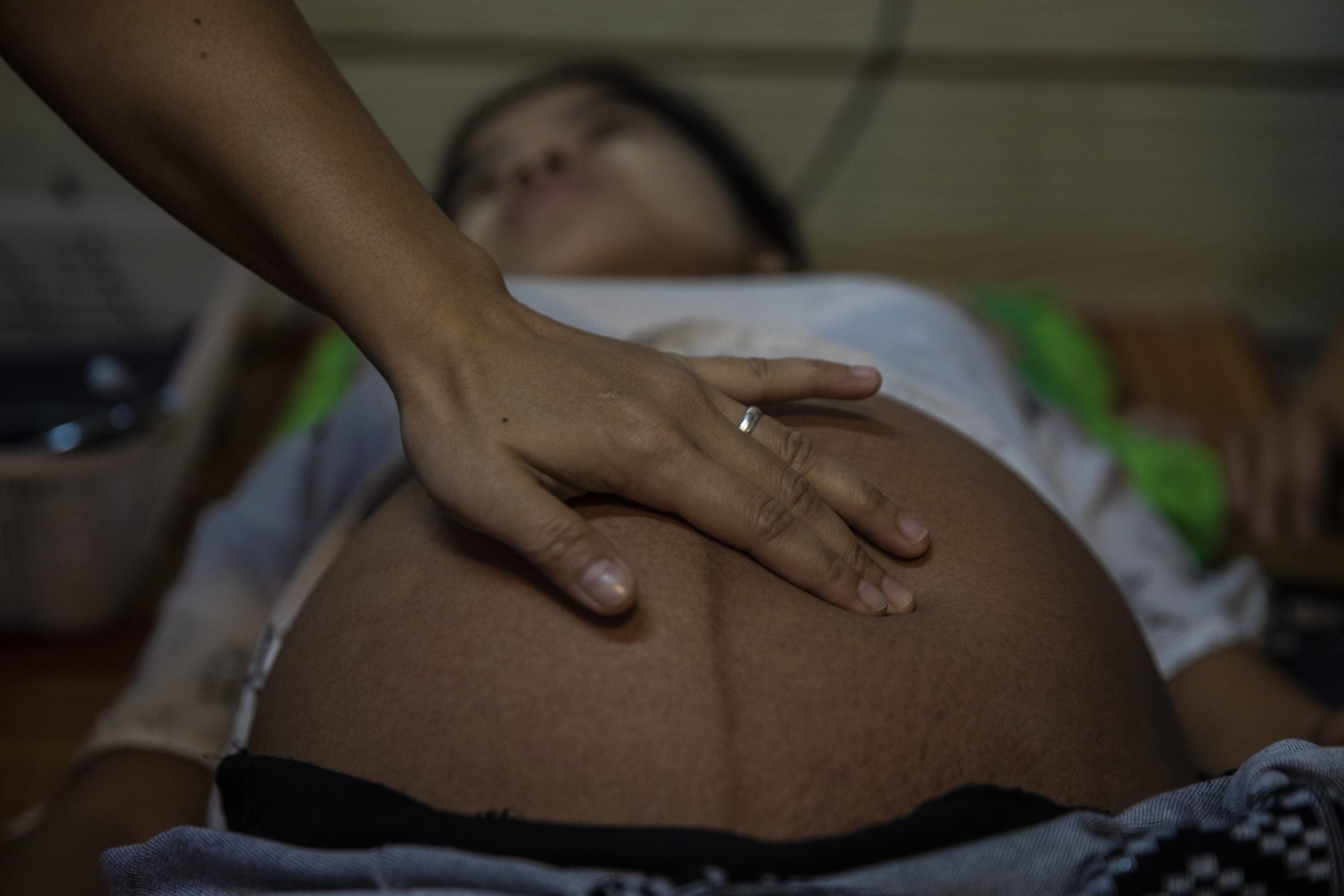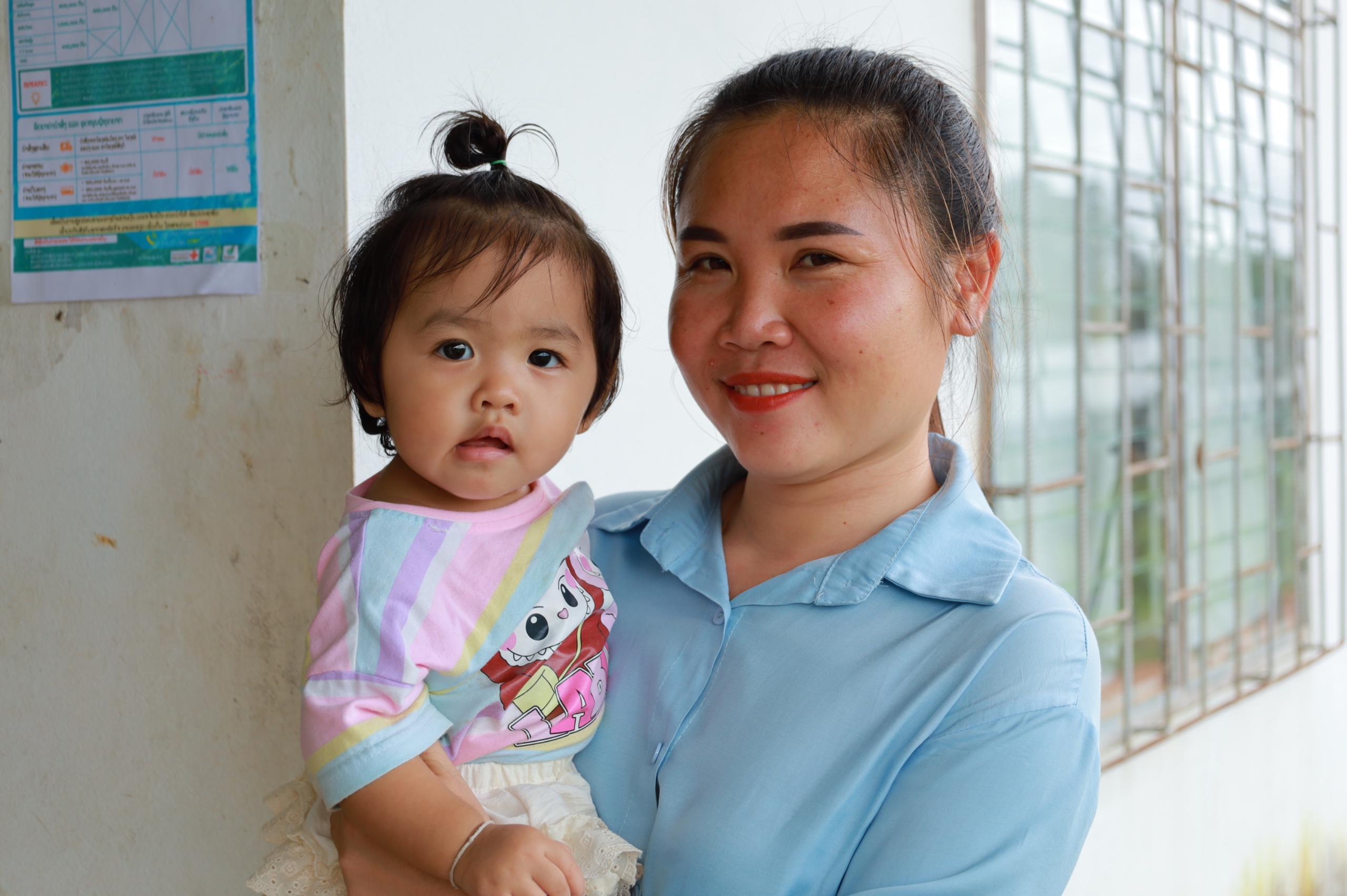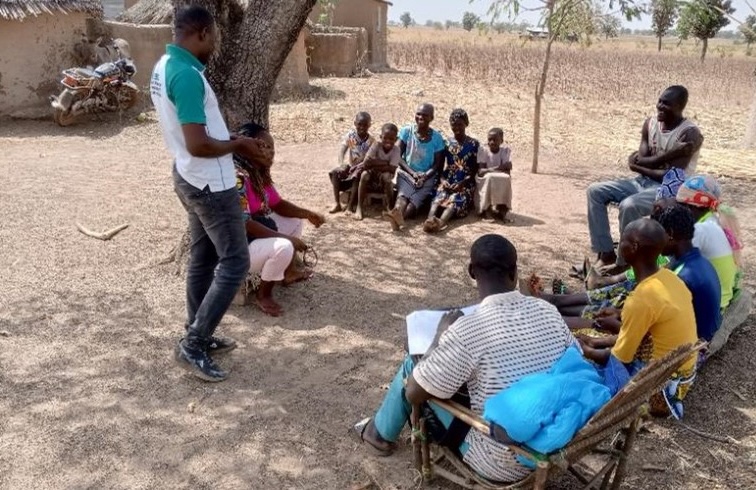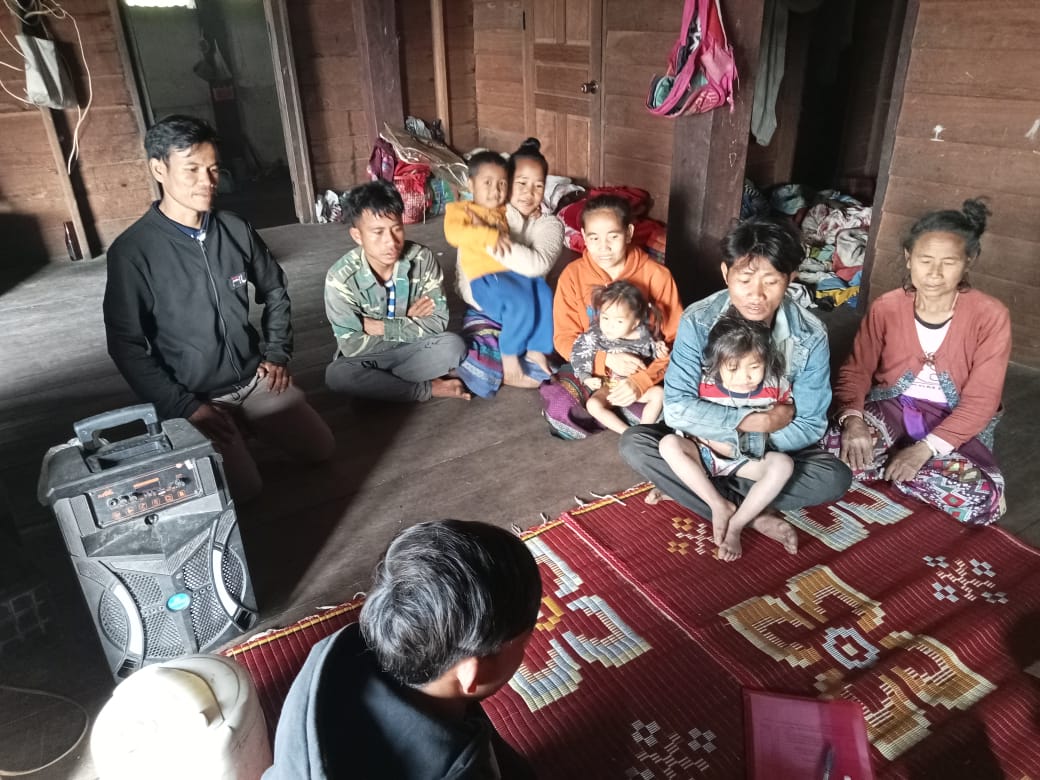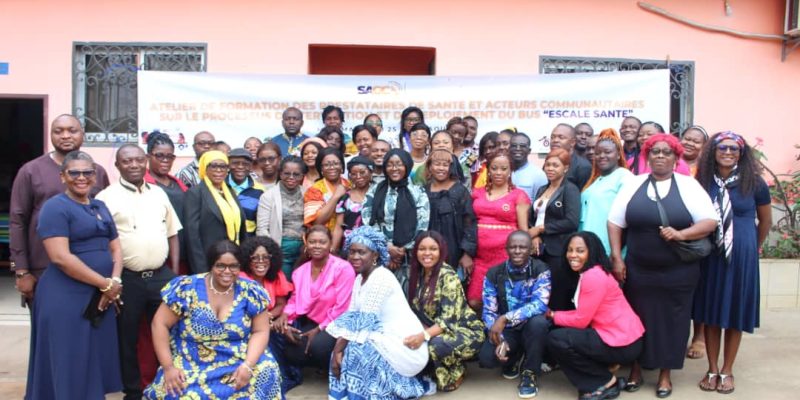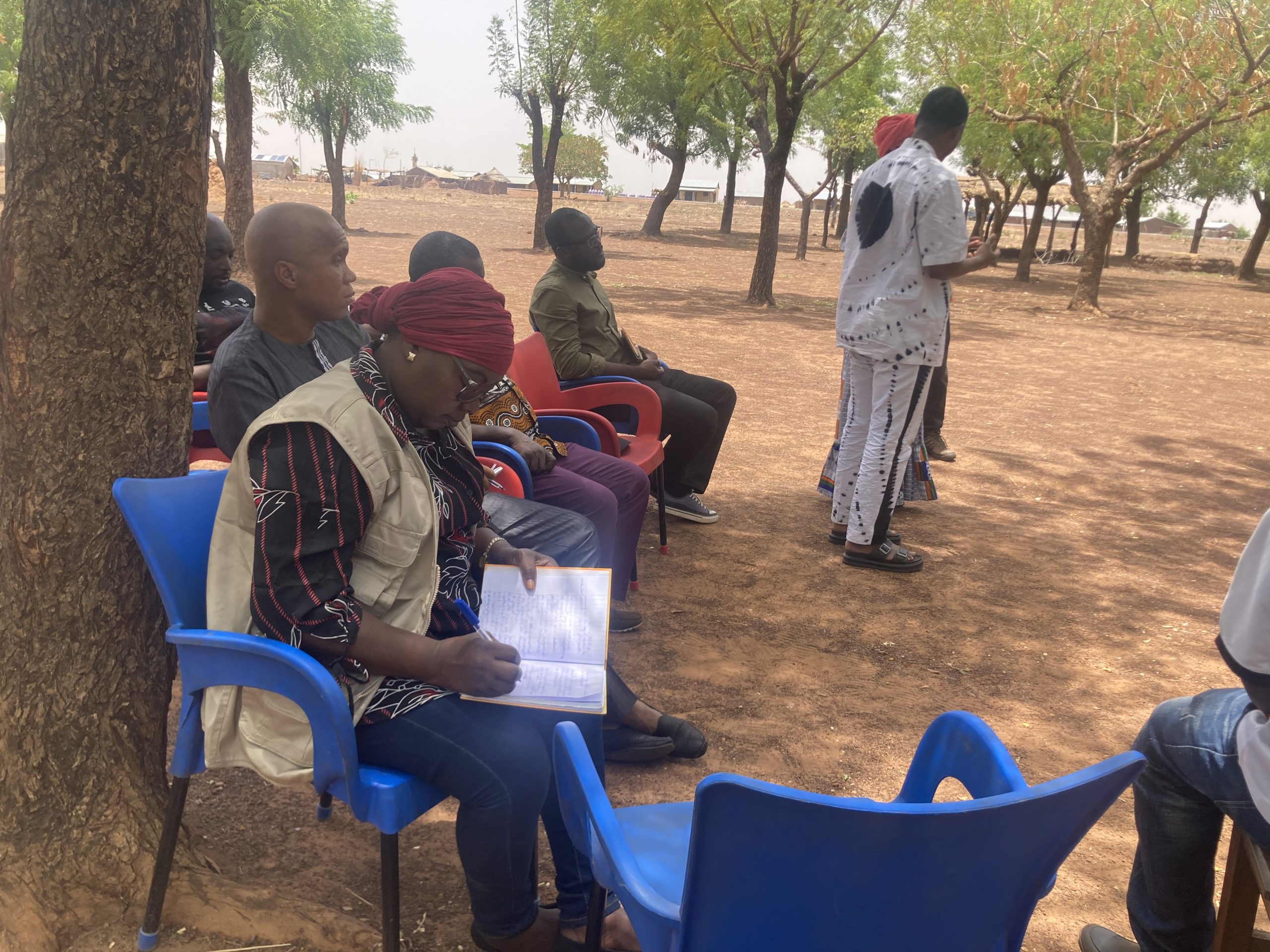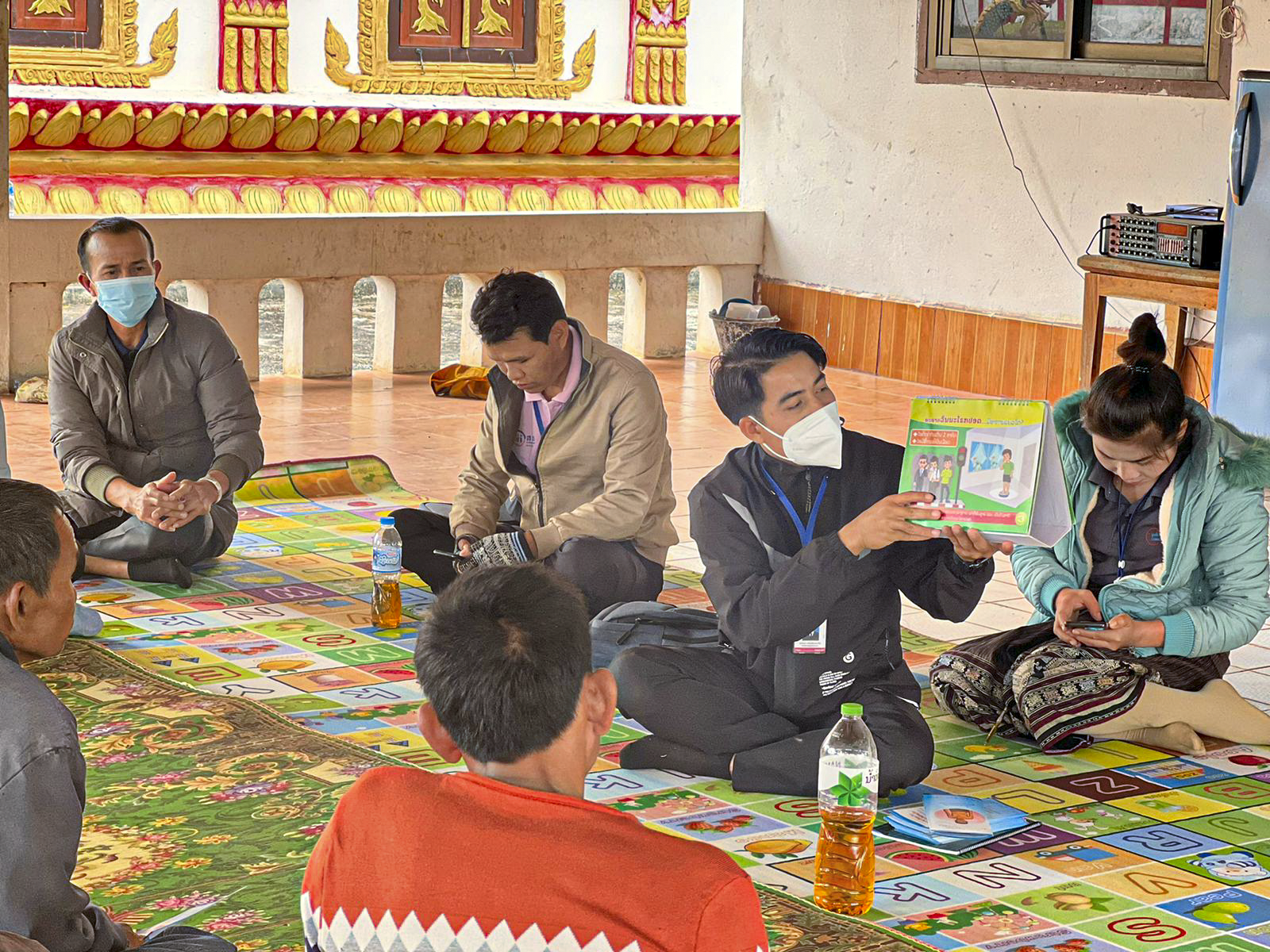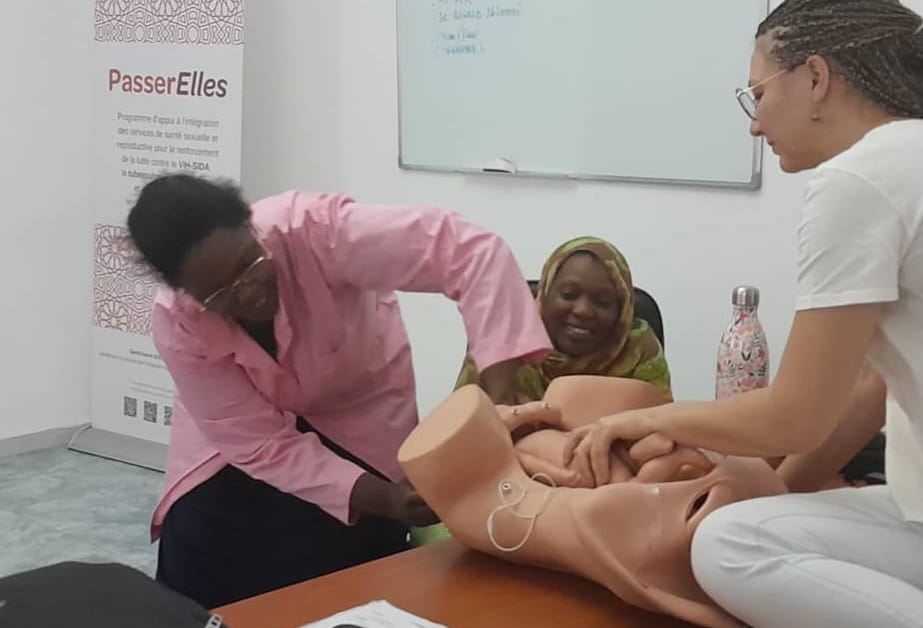Against a backdrop of health crisis, this project capitalizes on four civil society pilot projects to improve care for people affected by malaria, tuberculosis, and HIV in Senegal. Its integrated approach allows for better targeting of the most vulnerable populations, particularly women, whose access to care has been limited since the pandemic.
Context
In recent years, numerous efforts have been made to overcome barriers to accessing healthcare services, from prevention to diagnosis, care, and follow-up. The Global Fund has financed a range of interventions to strengthen the management of malaria, tuberculosis, and HIV. However, the audit report on Special Initiative 1 “Key Populations,” implemented by the Global Fund from 2014 to 2016, shows that these interventions have had limited impact. Furthermore, the COVID pandemic has exacerbated disparities in access to healthcare services, leading to a sharp drop in the use of healthcare facilities, particularly by vulnerable populations.
Description
Implemented in the Senegalese regions of Kaolack, Kolda, Sédhiou, and Ziguinchor, the project Continius-PV aims to:
- Improve access to diagnostics for the three diseases by setting up two integrated mobile units to transport samples and carry out diagnoses between healthcare facilities and testing laboratories;
- Enhance the quality of care, particularly for women by promoting and integrating primary health care services with community efforts for the prevention and management of the three diseases;
- Extend the coverage of the integrated community observatory for malaria, tuberculosis and HIV, with increased representation of women;
- Strengthen collaboration between national, cross-border, and community services for the management of the three diseases, involving Senegal, Guinea, Guinea-Bissau, and the Gambia.
Impact
The project Continius-PV aims to improve access to quality healthcare services for the population, particularly for vulnerable groups, while integrating gender and human rights considerations into the management of malaria, tuberculosis and HIV.
